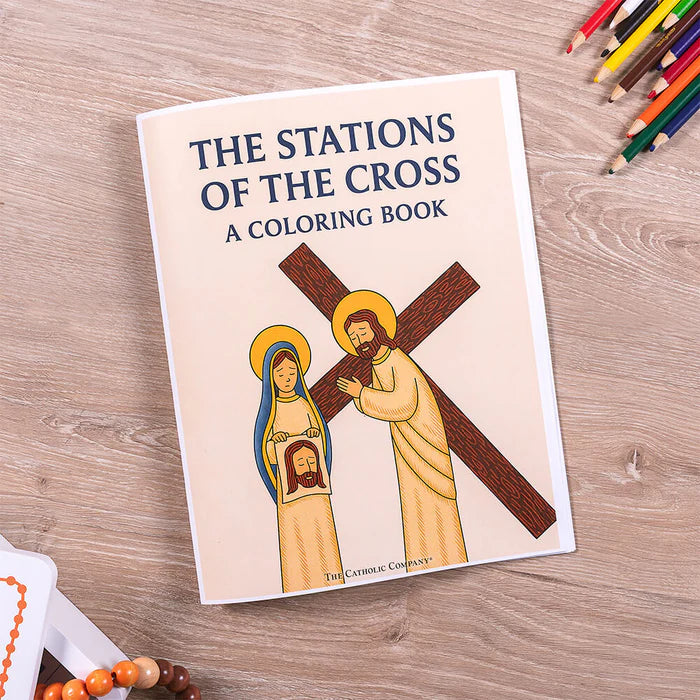St. Peter of Imola (406-550) became Archbishop of Ravenna in Italy, in his day the seat of the Roman Empire, giving him a very important role in the Church.
His sermons were so powerful and eloquent, and his skill in making complex theological truths simple and plain was so renowned, that it earned him the name 'Chrysologus' meaning 'the man of golden speech' or 'golden word', and a place among the Doctors of the Church.
Known as the "Doctor of Homilies," some of his 176 homilies are featured in the Office of Readings in the Liturgy of the Hours. Below is a homily by St. Peter Chrysologus used in the Office of Readings for the third week of Lent.
In it he lays out a profound theological truth on the spiritual connection between prayer, fasting and mercy—going so far to say that God will not be pleased with our prayer and fasting (penance) unless we also turn to our neighbor in mercy; the three must be practiced together. It is a powerful homily to meditate upon during this Jubilee Year of Mercy.
A SERMON ON PRAYER, FASTING, AND MERCY
BY ST. PETER CHRYSOLOGUS
There are three things, my brethren, by which faith stands firm, devotion remains constant, and virtue endures. They are prayer, fasting and mercy. Prayer knocks at the door, fasting obtains, mercy receives. Prayer, mercy and fasting: these three are one, and they give life to each other.
Fasting is the soul of prayer, mercy is the lifeblood of fasting. Let no one try to separate them; they cannot be separated. If you have only one of them or not all together, you have nothing.
So if you pray, fast; if you fast, show mercy; if you want your petition to be heard, hear the petition of others. If you do not close your ear to others you open God’s ear to yourself.
When you fast, see the fasting of others. If you want God to know that you are hungry, know that another is hungry. If you hope for mercy, show mercy. If you look for kindness, show kindness. If you want to receive, give. If you ask for yourself what you deny to others, your asking is a mockery.
Let this be the pattern for all men when they practice mercy: show mercy to others in the same way, with the same generosity, with the same promptness, as you want others to show mercy to you.
Therefore, let prayer, mercy and fasting be one single plea to God on our behalf, one speech in our defense, a threefold united prayer in our favor.
Let us use fasting to make up for what we have lost by despising others. Let us offer our souls in sacrifice by means of fasting. There is nothing more pleasing that we can offer to God, as the psalmist said in prophecy: A sacrifice to God is a broken spirit; God does not despise a bruised and humbled heart.
Offer your soul to God, make him an oblation of your fasting, so that your soul may be a pure offering, a holy sacrifice, a living victim, remaining your own and at the same time made over to God. Whoever fails to give this to God will not be excused, for if you are to give him yourself you are never without the means of giving.
To make these acceptable, mercy must be added. Fasting bears no fruit unless it is watered by mercy. Fasting dries up when mercy dries up. Mercy is to fasting as rain is to earth. However much you may cultivate your heart, clear the soil of your nature, root out vices, sow virtues, if you do not release the springs of mercy, your fasting will bear no fruit.
When you fast, if your mercy is thin your harvest will be thin; when you fast, what you pour out in mercy overflows into your barn. Therefore, do not lose by saving, but gather in by scattering. Give to the poor, and you give to yourself. You will not be allowed to keep what you have refused to give to others. - St. Peter Chrysologus
This article has been updated and was originally published in July 2015. © The Catholic Company






















